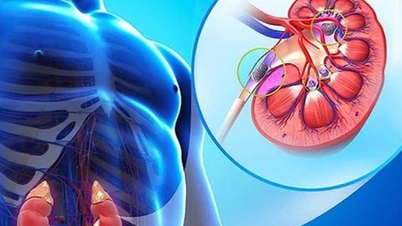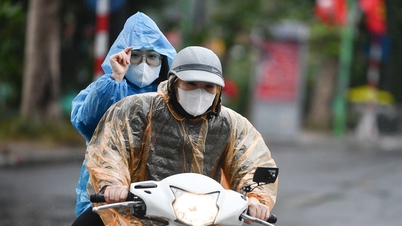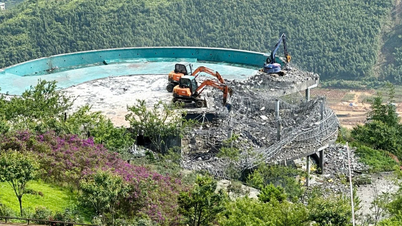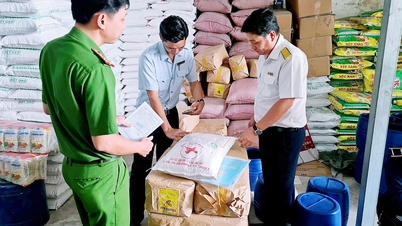A healthy diet, regular exercise, and controlling blood sugar and blood pressure help protect the kidneys on sunny days.
In summer, heat buildup in the body combined with heat from the environment can lead to dehydration, affecting kidney function. Here are some tips to help your kidneys filter blood and eliminate toxins better.
Drink enough water
Dehydration is common in the summer, due to drinking less water, sweating too much, staying in the sun for long periods of time, and hot weather. This condition can cause waste and acid to build up in the body, clogging the kidneys and forming kidney stones.
Drink plenty of water, including fruit and vegetable juices. Avoid caffeine or sugar. People without chronic diseases should drink 2-3 liters of water per day.
Limit alcohol consumption
Summer is the time for traveling or partying. However, drinking too much alcohol can cause dehydration and damage the kidneys. Alcohol is also a diuretic, increasing the risk of losing essential minerals and electrolytes and forming kidney stones.
Eat healthy
Processed foods are often high in sodium, which is not good for the kidneys. The diet should be high in fiber such as fruits, vegetables, whole grains, and beans. People with kidney disease should eat a low-salt diet, with daily salt intake not exceeding 5 grams.
Stabilize blood sugar
According to Dr. Sanjay Kalra, Bharti Karnal Hospital (India), increased temperatures in the summer can reduce the ability to regulate blood sugar in diabetics. This group of people is at risk of kidney damage, because high blood sugar reduces the ability to filter waste.
Diabetics should monitor their blood sugar, adjust their diet, exercise, and take medication as prescribed.

Drinking plenty of water helps the kidneys eliminate toxins from the body better. Photo: Freepik
Blood pressure control
High temperatures cause dehydration, leading to blood thickening. Sudden changes in temperature between an air-conditioned room and the outside weather can cause vasoconstriction, a risk of high blood pressure, and reduced blood supply to the kidneys. High blood pressure is when the blood pressure index is higher than or equal to 140/90 mmHg.
To keep blood pressure stable, drink enough water, keep your body cool, avoid salty foods, and limit sudden changes in temperature. In addition to self-monitoring blood pressure, patients need regular health check-ups to assess kidney function and other organs.
Motor
Regular exercise improves kidney function by reducing the risk of diabetes and heart disease. Increase physical activity in the summer with outdoor sports. If you have kidney disease, walking and yoga are less stressful for the body.
Huyen My (According to The Health Site, Hindustan Times )
Source link



![[Photo] Prime Minister Pham Minh Chinh receives delegation from the US-China Economic and Security Review Commission of the US Congress](https://vphoto.vietnam.vn/thumb/1200x675/vietnam/resource/IMAGE/2025/5/7/ff6eff0ccbbd4b1796724cb05110feb0)

![[Photo] General Secretary attends the parade to celebrate the 80th anniversary of the victory over fascism in Kazakhstan](https://vphoto.vietnam.vn/thumb/1200x675/vietnam/resource/IMAGE/2025/5/7/dff91c3c47f74a2da459e316831988ad)




























![[Photo] Sparkling lanterns to celebrate Vesak 2025](https://vphoto.vietnam.vn/thumb/1200x675/vietnam/resource/IMAGE/2025/5/7/a6c8ff3bef964a2f90c6fab80ae197c3)


































































Comment (0)